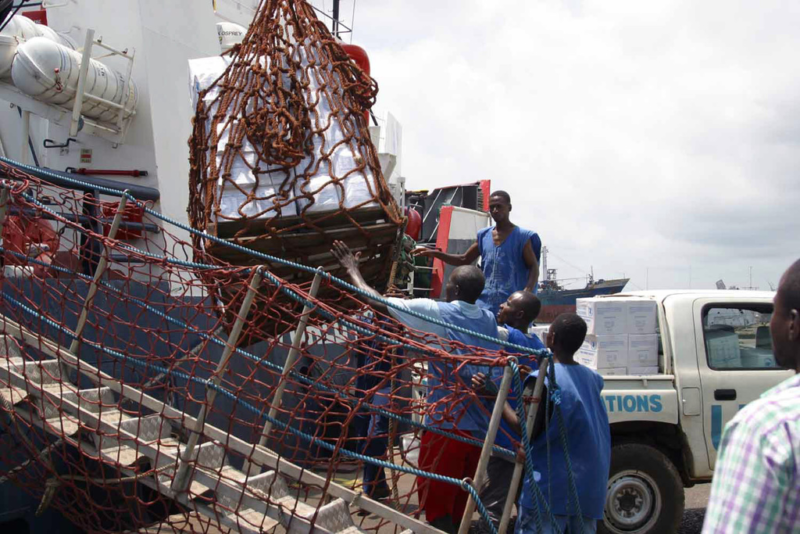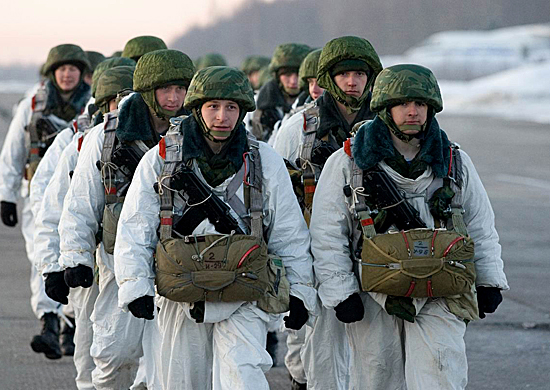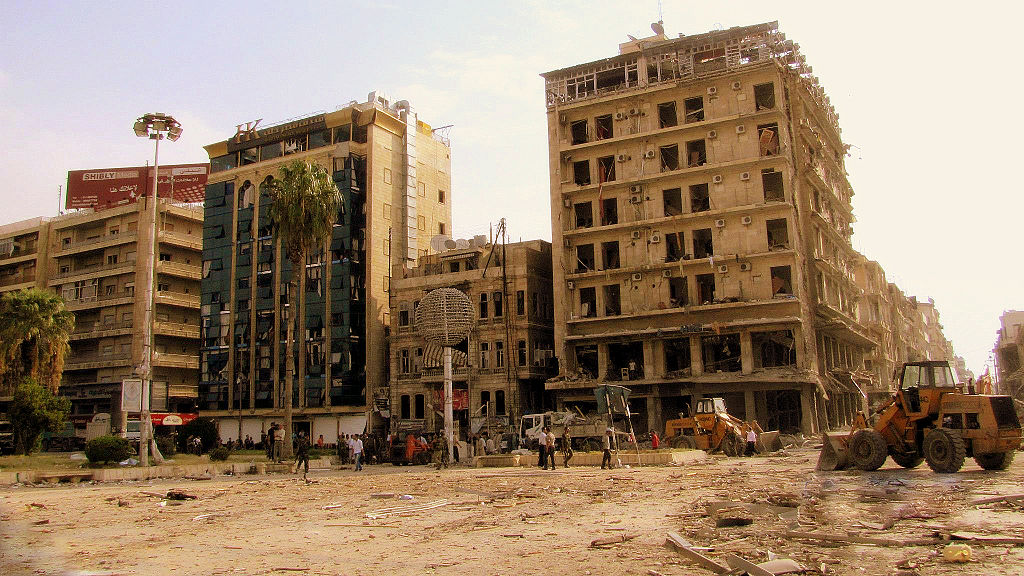What Can the International Community do Moving Forward?
American-backed international actors have toppled regimes overseas without laying foundations for new governments to fill the void. The power vacuum that occurred after the 2003 Iraq invasion, and when US-backed rebels ousted Libyan dictator Muammar Gaddafi, are two notable examples of this. What was lacking in this approach, however, was consideration for the demographic and socio-political circumstances of the region, in the aftermath of the conflict. As a result, this allowed militant groups in the Middle East and North Africa (MENA), such as the Daesh and Al-Qaeda in Iraq (AQI), to capitalize on the political turmoil by occupying large swaths of land, conducting terrorist operations and successfully radicalizing and recruiting.
What can the international community do moving forward, and what lessons can we take from terrorist activities across the Middle East? First, it is important to realize that a ‘one size fits all’ solution to overseas conflicts are ineffective. Simply put, regime change is not a viable response, nor a long-term solution to address human and civil rights abuses, such as what occurred in Iraq under Saddam Hussein, or in Libya under Gaddafi. It is far more important to support a bottom-up approach, which occurs at the most basic levels of society, and amongst the people, rather than a top-down approach, such as regime change. Any solution to conflict must be proportional to the regional culture in which the conflict has developed.
Second, countries must approach Africa in relation to its local contexts prioritizing diplomatic means, such as the use of sanctions. For example, during the Iraq war in 2003, France and Germany opted for a diplomatic approach through U.N. Resolution 1483, which encouraged Iraq to peacefully disarm its chemical, biological and missile facilities, stressing the importance of allowing the Iraqi people to govern themselves freely and the continuation of humanitarian efforts. Furthermore, countries across the MENA region and Sub-Saharan Africa have vastly different socio-economic circumstances, physical environments, culture and history, all of which must be taken into consideration when finding solutions to armed conflict and political upheaval.
The G5 Sahel Cross-border Joint Force is a multilateral organization between five Sahel-African countries focused on security, counterterrorism and eradicating organized crime, such as human trafficking and violent extremism. The five countries include Burkina Faso, Mali, Mauritania, Niger and Chad, all of which seek to address common issues in the region, such as extreme terror groups, such as Boko Haram, through joint diplomatic, military and political strategies. These countries work with one another, as well as with NATO allies, such as France and Germany, to combat security issues and improve economic development. The Cross-border Joint Force seeks to facilitate regional stability by restoring state authority in the decentralized areas where terrorist groups tend to thrive, such as Northeastern Nigeria. The Cross-border Joint Force is an excellent example of encouraging African leadership in security issues. This allows states engulfed in conflict to control their own political will, as opposed to a foreign military intervention and regime change, as seen in Libya and Iraq. One of the countries within the Sahel seeking to implement this strategy is Burkina Faso, which has been living under the threat of terrorism since 2015. Burkina Faso has developed a four year plan to prevent radicalization which includes three objectives: reforming institutions, developing human capital and stimulating economic and social growth. This strategy seeks to address poor socio-economic conditions terrorist syndicates use to their advantage.
Recently the United States and Europe undertook a larger role in counterterrorism and economic development in the region. The U.S. has introduced a generous foreign aid package in the form of the BUILD Act, much of which will be directed towards Africa. France, Germany and the E.U. are working together with the United Nations Development Program, the World Bank and African Development Bank to sponsor The Sahel Alliance. This initiative aims to improve youth unemployment, agriculture development, energy and climate sustainability, political stability and decentralization. These measures seek to increase stability in the region not by foreign intervention, but rather by allowing these states and their citizens to address the specific social, political and economic needs. Building infrastructure, increasing human capital, and creating long-term development and sustainability in the Sahel are just a few examples of how to indirectly reduce radicalization in the area.
Featured Image: UN Aid Workers offload supplies (2003), by The U.S. National Archives via Picryl. Public Domain.
Disclaimer: Any views or opinions expressed in articles are solely those of the authors and do not necessarily represent the views of the NATO Association of Canada.




